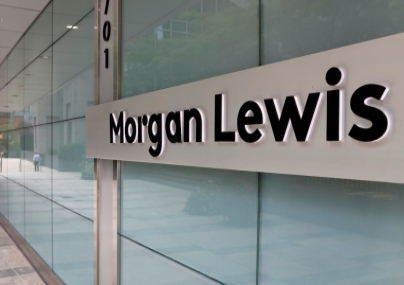Worries over a probe into commodity stockpile financing at China's Qingdao port appeared to deepen on Wednesday as Standard Bank Group and a part-owned unit of Louis Dreyfus Corp warned of potential losses and copper prices fell further.
The inquiry, first reported by Reuters and other media earlier this week, has revived concerns about the impact of China's deepening credit crisis on its metal imports, much of which piles up in warehouses to be used as collateral. London copper prices have fallen 2 percent in two days.
Responding to queries about the probe at Qingdao, which has not been officially confirmed, South Africa-based Standard Bank said it was "working with local authorities" to investigate potential irregularities at China's third-largest port, a major source for metal and iron ore imports.
"Standard Bank Group is not yet in a position to quantify any potential loss arising from these circumstances," the bank, whose Standard Bank Plc subsidiary conducts commodities trading, said in a statement.
Singapore-based logistics provider GKE Corp Ltd warned shareholders that it was "assessing the potential impact" of the investigation on its GKE Metal Logistics Pte Ltd unit, a joint venture 51 percent owned by global commodities merchant Louis Dreyfus.
They are the first companies to publicly discuss the issue since the inquiry came to light on Monday, when Reuters reported the port in northeastern China had halted shipments of copper and aluminum as it launched an investigation into metal stockpiles used for collateral on loans.
Authorities at the port in northeast China have not officially confirmed an investigation, and have said exports and operations are running normally.
But earlier on Wednesday, Xinhua news agency reported that the port had said it was investigating whether iron ore warehouse receipts were fraudulently used multiple times to raise finance by different banks.
According to traders and warehousing sources, port authorities at Qingdao's Dagang wharfs have been examining whether there had been multiple issuing of receipts for single cargoes of metal tied to a trading company and linked companies.
The tumult has revived concerns that first surfaced in March, when China's first domestic bond default fueled fears of further financing woes and triggered one of copper's steepest drops in years, with prices tumbling 8 percent in three days.
Traders have remained on edge since then, concerned that tightening credit could unleash stockpiled supplies or at a minimum diminish demand for additional imports.
"I think it's [copper] got more downside to go," said analyst Vivienne Lloyd at Macquarie. "That [the probe] will have the effect of making the banks extremely cautious about to whom they will issue letters of credit."


